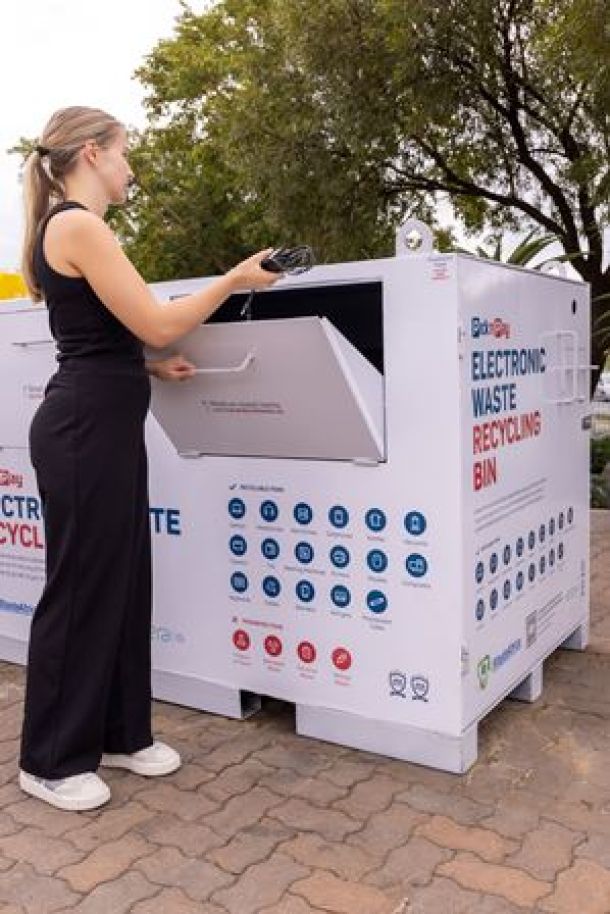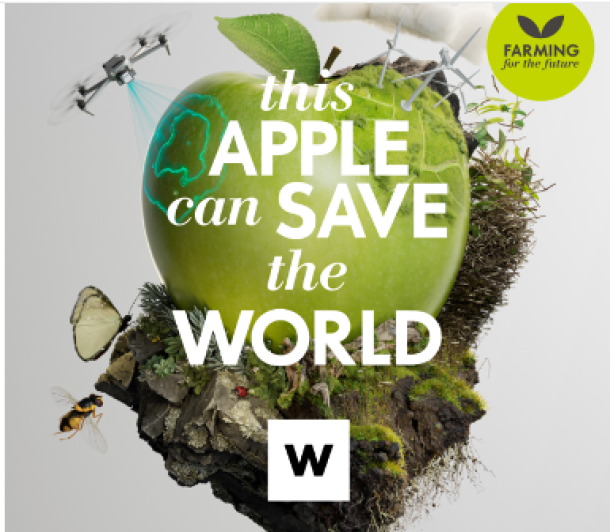FoodForward's new digital platform unlocks real potential of foodbanking
FoodForward SA has introduced the FoodShare Digital Platform, a technological answer to the logistical demands of an organisation that recovers surplus food in the supply chain for redistribution to registered non-profit organisations.
Usually, FoodForward SA requires a major logistical operation to collect, sort, and warehouse surplus food from donors and to distribute the products to beneficiary organisations.
• FoodShare uses virtual technology to harness more surplus food by connecting retail stores and food outlets with local beneficiary organisations for the daily collection of surplus food.
• FoodShare can be applied nationally, including distant rural areas, as long as there is a retail store or food outlet, allowing for greater access to food for the poor.
• Beneficiary organisations collect surplus food, and send the tonnage information via USSD, so ordinary cell phones can be used, and there are no costs to the beneficiary organisation.
Addressing food insecurity at scale
“A third of all food produced in South Africa is wasted, while more than 14 million people go hungry each day, additionally, 75% of toddlers are fed an inadequate diet,” says Andy Du Plessis, FoodForward SA managing director. “
“By using surplus food in the food chain, we can facilitate the provision of a meal at only 79c a day or R300 a year. But there is huge scope to increase reach by using FoodShare. The scale of the need is vast and technology is key to unleashing the real potential of foodbanking.”
FoodShare is also able to track inventory, measure tonnage distribution, and allows for real-time data by creating donor or client dashboards. FoodShare also allows beneficiary organisations to apply online, and monitoring and evaluation is done by using offline forms. FoodShare hosts a myriad of data that is able to inform decision-making, provide real-time demographics, and reporting.
“FoodShare is a game changer for addressing food insecurity in South Africa because it allows us to address the problem at scale, allowing for food to be used to feed people nationally, and increases variety of the food.
“Since FoodShare went live at the beginning of 2017, 1074,81 tonnes of food has been distributed and 138 beneficiary organisations are actively interacting daily with the web interface across 152 retail stores/food outlets. We are in discussions with several retailers and food outlets which will potentially increase food recovery by an additional 13 million meals in the next year,” says Du Plessis.
FoodShare has been designed to accommodate future add-ins such as restaurants and hotels, deli-type food, as well as ad-hoc surplus from the agri sector.
News Category
- International retailers
- On the move
- Awards and achievements
- Legislation
- Wine and liquor
- Africa
- Going green
- Supplier news
- Research tools
- Retailer trading results
- Supply chain
- Innovation and technology
- Economic factors
- Crime and security
- Store Openings
- Marketing and Promotions
- Social Responsibility
- Brand Press Office
Related Articles

Pick n pay upcycles air-conditioning systems, s...

Shoprite Group opens pathways to job opportunit...

Pick n Pay empowers shoppers in the fight again...

Massmart implements early leak detection techno...


